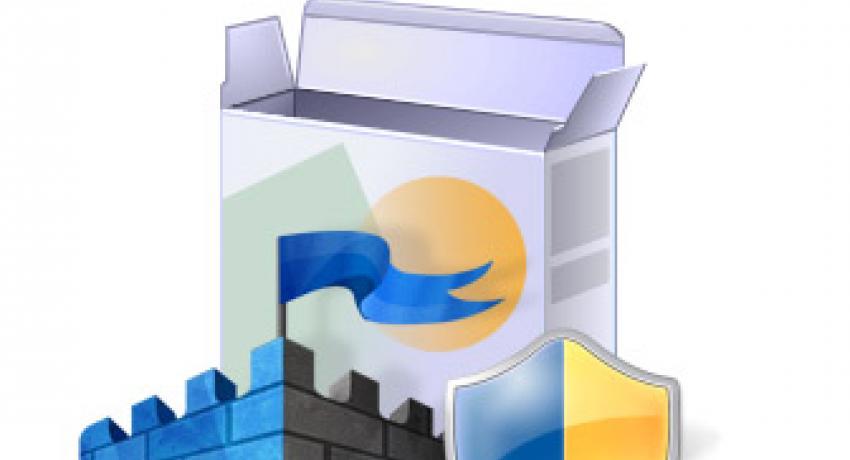
The update addresses a vulnerability that could allow remote code execution if the Microsoft Malware Protection Engine scans a specially crafted file. An attacker who successfully exploited this vulnerability could execute arbitrary code in the security context of the LocalSystem account and take control of the system.
The Microsoft Malware Protection Engine ships with several Microsoft antimalware products. See the Affected Software section for a list of affected products. Updates to the Microsoft Malware Protection Engine are installed along with the updated malware definitions for the affected products. Administrators of enterprise installations should follow their established internal processes to ensure that the definition and engine updates are approved in their update management software, and that clients consume the updates accordingly.
technet.microsoft.com/en-us/library/security/4022344
The Bug was posted by security researcher Reported by taviso@google.com, May 6 (2 days ago)
bugs.chromium.org/p/project-zero/issues/detail?id=1252&desc=5#c11
On workstations, attackers can access mpengine by sending emails to users (reading the email or opening attachments is not necessary), visiting links in a web browser, instant messaging and so on. This level of accessibility is possible because MsMpEng uses a filesystem minifilter to intercept and inspect all system filesystem activity, so writing controlled contents to anywhere on disk (e.g. caches, temporary internet files, downloads (even unconfirmed downloads), attachments, etc) is enough to access functionality in mpengine. MIME types and file extensions are not relevant to this vulnerability, as MsMpEng uses it's own content identification system.
Vulnerabilities in MsMpEng are among the most severe possible in Windows, due to the privilege, accessibility, and ubiquity of the service.
The core component of MsMpEng responsible for scanning and analysis is called mpengine. Mpengine is a vast and complex attack surface, comprising of handlers for dozens of esoteric archive formats, executable packers and cryptors, full system emulators and interpreters for various architectures and languages, and so on. All of this code is accessible to remote attackers.
NScript is the component of mpengine that evaluates any filesystem or network activity that looks like JavaScript. To be clear, this is an unsandboxed and highly privileged JavaScript interpreter that is used to evaluate untrusted code, by default on all modern Windows systems. This is as surprising as it sounds.
